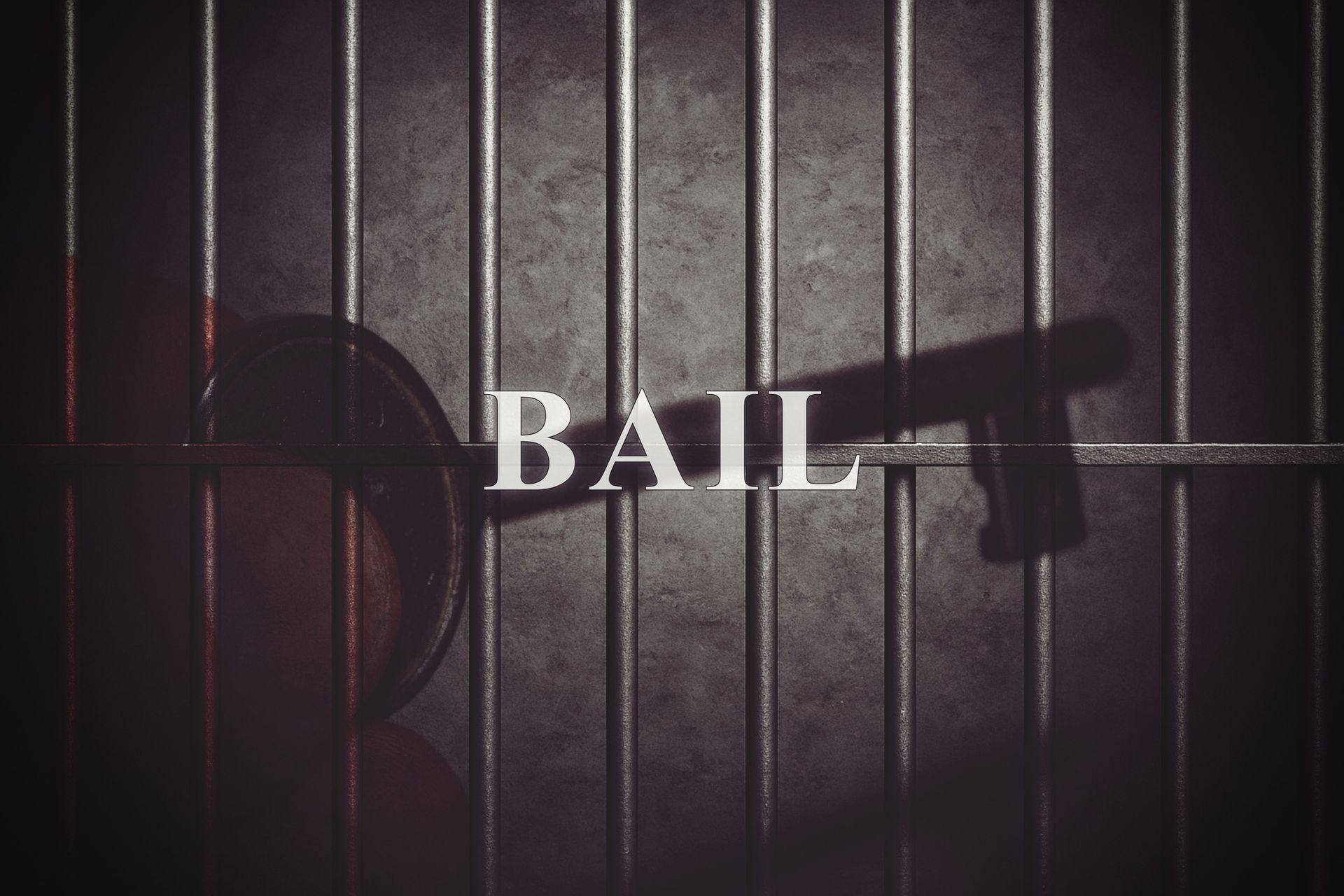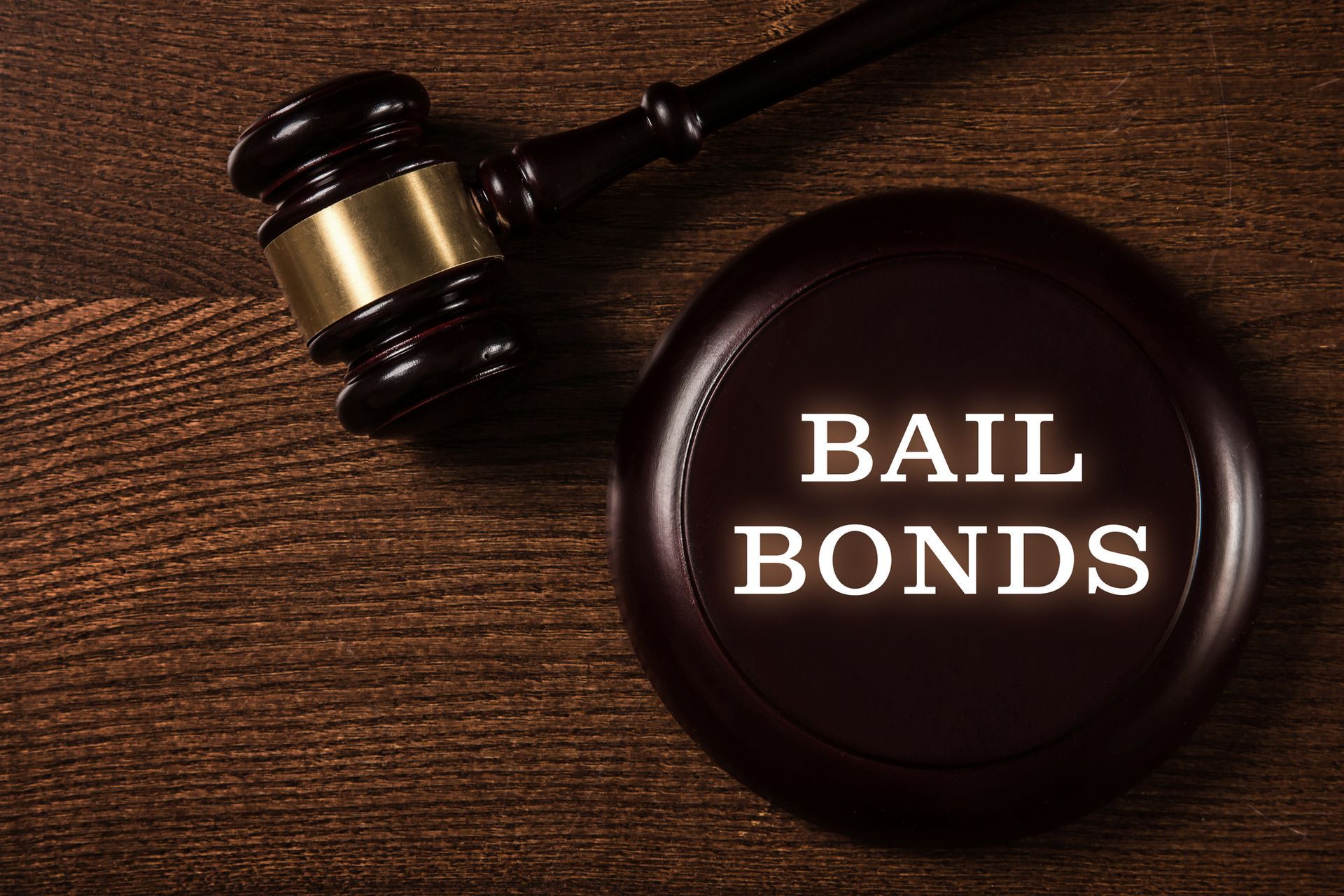FAQs About Tennessee’s Three Strikes Law for Drug Convictions
The Volunteer State’s three-strikes law is quite complex, mostly because there is one such law for federal drug crimes and one for state violent felonies. One is a possible life sentence and the other one is a mandatory life sentence. Read on to learn which is which and how these laws affect your family.
Most states, including Tennessee, passed their three-strikes laws in the early 1990s. Back then, both the War on Drugs and the War on Crime were reaching their peaks. Congress approved harsh drug sentences in the late 1980s, in the wake of basketball phenom Len Bias’ sudden cocaine overdose death. A few years later, lawmakers approved the controversial 1994 crime bill. This bill significantly expanded death penalty crimes, created a slew of new gang and immigration-related offenses, and required states to enact sex offender registries.
Tennessee’s three-strikes law
is found in Section 40-35-120 of the Tennessee Code. It does not apply to drug cases
, but it does apply to most violent felonies, such as:
- Kidnapping
- Aggravated robbery
- Murder
- Sexual assault
- Aggravated child abuse
If the defendant has two prior violent felony convictions, the defendant is generally a “repeat violent offender,” according to the statute. As such, if the defendant is convicted a third time, there is a mandatory LWOP (life without parole) sentence.
The federal three-strikes enhancement could apply to drug cases, if prosecutors file an 851 notice. This notice states that the defendant has one or more previous drug convictions and the prosecutor wishes to pursue a sentence enhancement, as follows:
- After one prior drug conviction (two strikes), the range of punishment moves from ten years to life to twenty years to life.
- After two prior convictions, the range moves from ten years to life to mandatory life.
Additionally, prosecutors must establish that someone died or sustained serious injury because of the drug use. The law on this point is fluid, but in general, even a rather tenuous connection between the drug sale and the serious injury usually holds up in court.
If you think all this seems complicated, you are not alone. Your Fizer Bonding Company bondsman (bail bond near me) has additional resources on this subject and bail bonding procedures.
What is the
Effectiveness of the Three Strikes Law
?
The answer to this question largely depends on who you ask. Most pundits agree that the first round of three-strikes laws were, for the most part, too broad. In 1995, a judge sentenced a California man to twenty-five years to life. His offense was stealing a piece of pizza. Of course, there were a number of aggravating circumstances. But most people would agree that life in prison for a piece of pizza, even if it was stuffed crust supreme pizza, is excessive.
Lawmakers in the Golden State quickly amended the three-strikes law. Note that Tennessee’s law only applies to violent felonies
, so such a result is impossible here.
Three-strikes laws were enormously popular at the time, mostly because the “three strikes and you’re out” tagline resonated well with many people. Some statistics indicate that the laws successfully curbed violent crime, but as vigilante generalissimo Homer Simpson told Kent Brockman, people can come up with statistics to prove anything.
How Long Do Criminal Records Last
?
Many people have this question, and not just in the context of the federal and state three-strikes law.
Negative credit information usually falls off credit reports after about seven years. But for most purposes, criminal conviction records last forever, even if they were juvenile incidents.
Arrest and conviction records might fall off records in some cases and for limited purposes. For example, when most employers conduct criminal background checks, only the last seven years shows up on the reports. And, Tennessee has rather generous expungement and sealing laws. In some cases, people can erase these records altogether or at least make them basically invisible.
It sounds crazy, but not all convictions count as convictions. Many people receive deferred disposition probation. The defendant pleads guilty, but the judge does not technically find the defendant guilty. Instead, the judge sentences the defendant to probation. If the defendant successfully completes probation, the judge dismisses the case.
Some agencies, most notably ICE, consider deferred disposition to be a conviction, in most cases.
What Does it Mean to Have Two Strikes in Tennessee
?
To determine the number of strikes in the state violent felony law, courts consider the following matters:
- Prior Conviction : An offense is not a “strike” unless the defendant was convicted, served time, and was released. So, if Phil went to prison for murder and shanked another inmate while he was there, that aggravated assault conviction might not count as strike two.
- Separate Incarceration Period : Generally, when people are convicted of two felonies at once, such as a double murder, the sentences run concurrently. Occasionally, however, the judge runs sentences concurrently (first you serve one then you serve the other). Offenses are not “strikes” unless the defendant served a separate incarceration period.
Generally, the state has the burden of proof to show that the defendant is a repeat violent offender. Simply introducing the defendant’s criminal record might not be enough.
What is a Schedule 3 Drug in Tennessee
?
This question does not come up very often in drug trafficking cases, but it does come up a lot in drug possession cases. And, simple possession accounts for about 80 percent
of all drug arrests. In other words, this question comes up a lot.
Both Tennessee and the federal government divide narcotics into five schedules, largely depending on the medical use, if any, and the drug’s dangerous potential, if any. Schedule I drugs, like LSD, have a high potential for abuse and no medical use. Most opioid painkillers, along with meth and cocaine, are Schedule II drugs. Next come Schedule III (steroids and Tylenol with codeine), Schedule IV (Xanax and Abien) and Schedule V (Robitussin and Lomotil).
Sometimes, marijuana is a Schedule III drug. Other times, marijuana is not illegal at all. It depends on the context and the state’s laws.
In general, illegal possession of a Schedule I or II drug is always a felony and possession of a large amount of less-potent drugs is also a felony. Most other drug possession charges are misdemeanors.
If you need information on bail bond services or need to get out of jail fast, contact Fizer Bonding Company, (bail bonds Clarksville TN). Fizer Bonding Company is a proud member of the Tennessee Association of Professional Bail Agents and offers their bonding services for only 10% of the bond amount. For more info about Fizer Bonding Company bail bonds, click here.
“We’ll get your tail outta jail!”
Fizer Bonding Company in Montgomery County Tennessee
(931) 449-9351
Fizer Bonding Company in Robertson County Tennessee
(615) 667-1109
**Disclaimer**
Please be advised that neither www.fizerbailbonds.com or Fizer Bonding Company LLC is not an attorney or law firm and does not provide legal advice. If you are seeking legal advice, you are strongly encouraged to consider consulting with a competent attorney in your jurisdiction who can provide you with legal advice on your particular matter where individual state, county or city laws may apply. www.fizerbailbonds.com provides INFORMATION ONLY and the information provided is for informational purposes only AND IS NOT TO BE CONSTRUED OR SUBSTITUTED FOR LEGAL ADVICE. THE INFORMATION INCLUDED IN OR AVAILABLE THROUGH THE SITE MAY INCLUDE INACCURACIES OR TYPOGRAPHICAL ERRORS. No guarantees are made and the use of the website, content, and any information provided is at your own risk.
The post FAQs About Tennessee’s Three Strikes Law for Drug Convictions appeared first on Fizer Bail Bonds.











